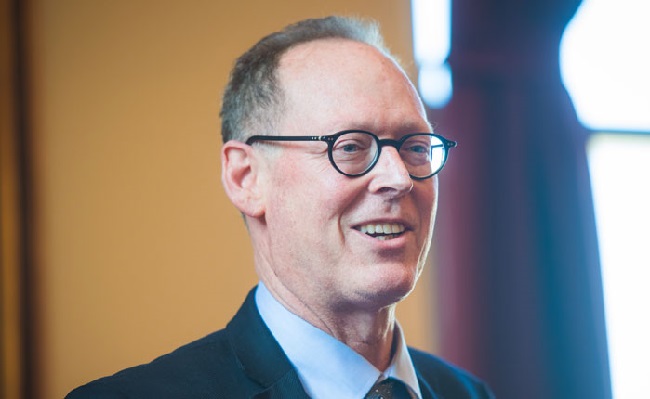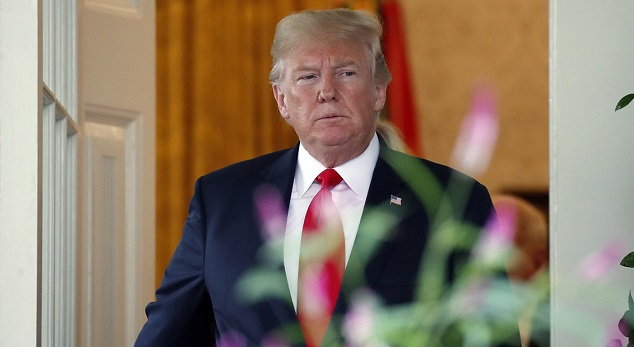When it comes to global health and anthropology, few names resonate as deeply as Dr. Paul Farmer. As an American medical anthropologist, he has significantly transformed how healthcare is provided in impoverished regions worldwide.
In this article, we pay homage to Paul Farmer, delving into his illustrious life, contributions, and the legacy he left behind.

What You Want to Know?
Who Was Paul Farmer?
Born on October 26, 1959, Dr. Paul Farmer was an American medical anthropologist and physician, celebrated for his dedication to treating some of the world’s poorest populations.
He co-founded Partners In Health (PIH), an international non-profit organization that delivers health services to those in need.
Read Also:
Why is Paul Farmer So Famous?
- Pioneering Efforts in Global Health: Farmer’s relentless work in Haiti, Rwanda, and other underserved regions cemented his reputation as a revolutionary in global health. His approach focused on community-based care, ensuring even remote areas received necessary medical services.
- Books & Publications: Dr. Farmer authored several influential books, with “Pathologies of Power” and “Infections and Inequalities” among the most notable. These works explored health inequities and the ethics of global health interventions.
- Academic Stints: As a professor at Harvard Medical School, Farmer influenced countless students, shaping the next generation of global health professionals.
Achievements and Personal Details
Awards: Over his lifetime, Farmer received multiple awards, such as the Hilton Humanitarian Prize and the Public Welfare Medal, underscoring his immense contribution to public health and social justice.
Net Worth: While exact figures of Farmer’s net worth are not publicly available, it’s evident his wealth was not from personal gains but from the value he added to global healthcare systems.
Education: A testament to his academic brilliance, Paul Farmer attended Duke University for his undergraduate degree and later Harvard, where he earned an M.D and Ph.D. in anthropology.
Personal Life: Standing tall both in stature and deeds, Farmer was known for his dedication to family. He was married and had children. Information about his residence and social media preferences remains limited, mirroring his nature of keeping personal life private.
Significant Queries Addressed:
Dr. Paul Farmer’s Demise: The global health community mourned the loss of Paul Farmer. His death was a significant blow, considering the vacuum his absence created in global health advocacy.
Harvard and Farmer: Yes, Paul Farmer was an integral part of Harvard. Not only did he study there, but he also served as a professor, shaping many young minds.
Rwanda Connection: In Rwanda, under the banner of PIH, Farmer and his team undertook extensive healthcare projects, establishing hospitals and training local medical professionals. His work in Rwanda stands as a beacon of how effective healthcare systems can transform nations.
Read Also:
Conclusion
Dr. Paul Farmer was not just a medical professional; he was a beacon of hope for countless individuals worldwide. His belief in “preferential care for the poor” wasn’t just a statement; it was a mantra he lived by.
In remembering Farmer, we don’t just recall a doctor but a humanitarian who redefined the essence of care and compassion in global health.







































